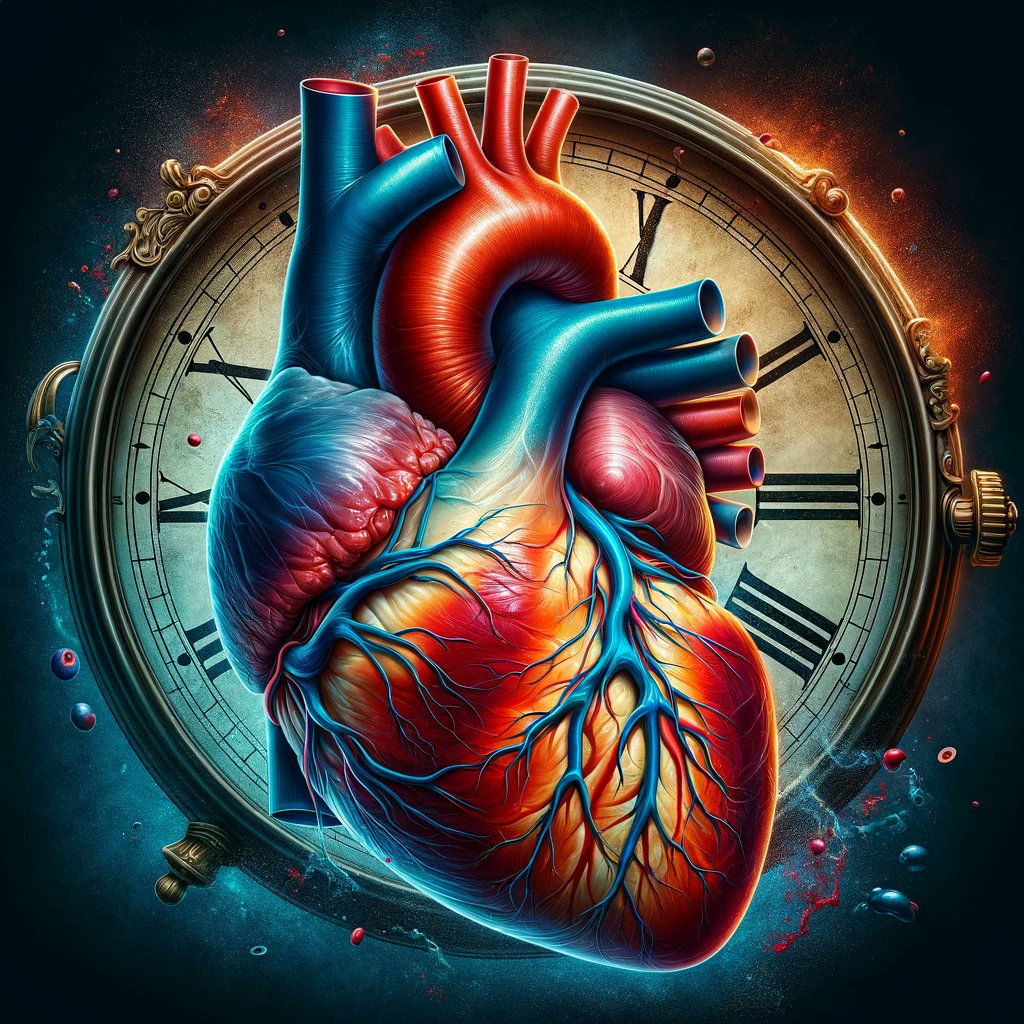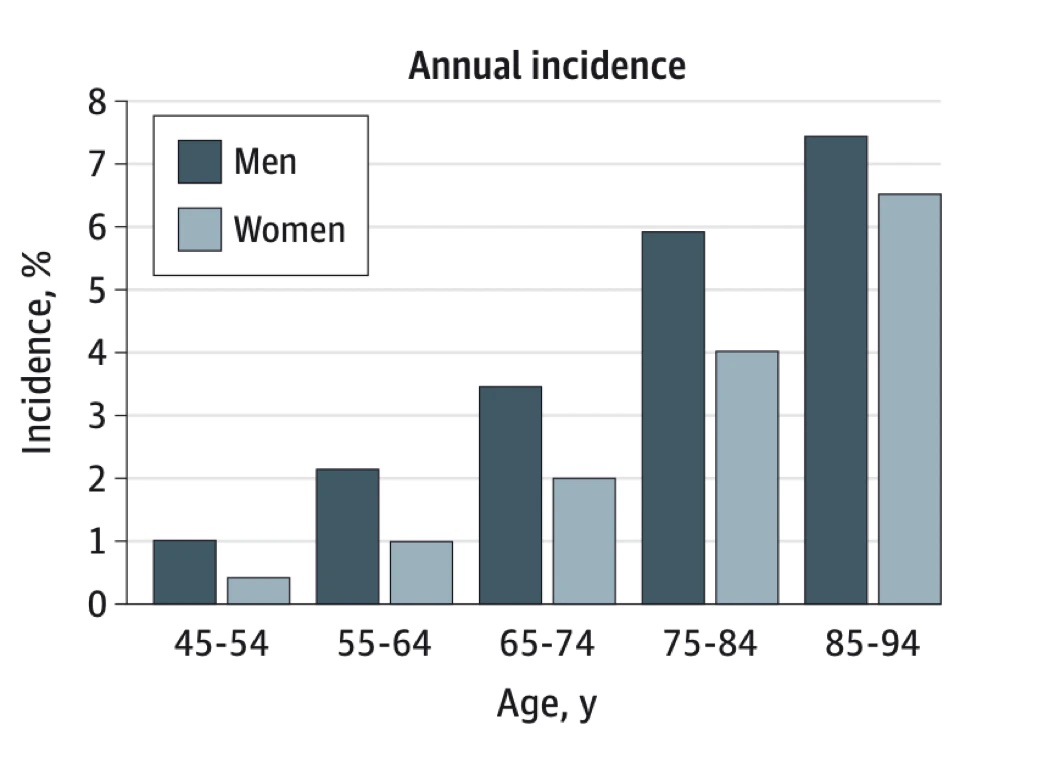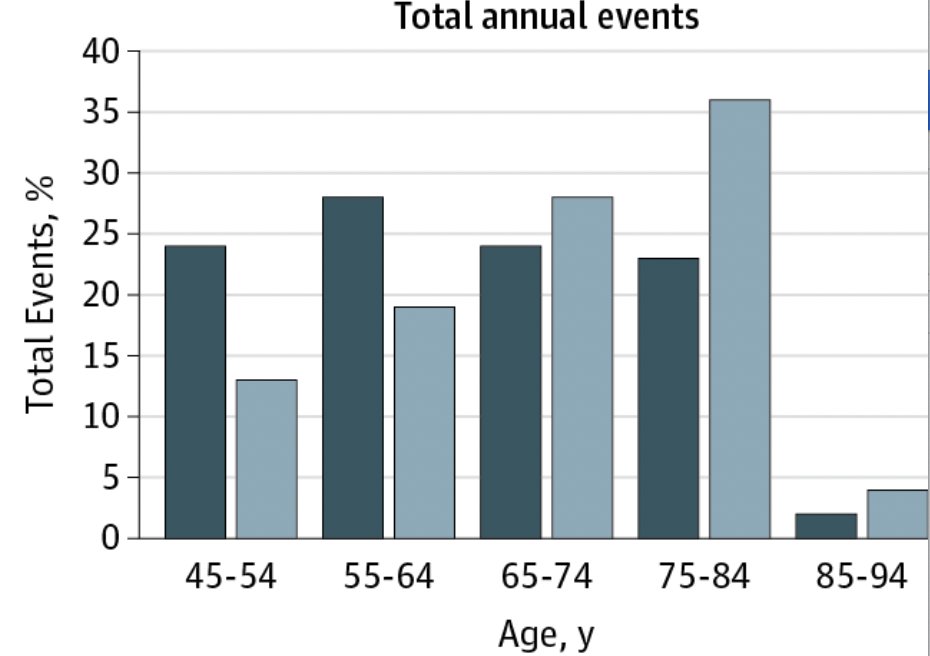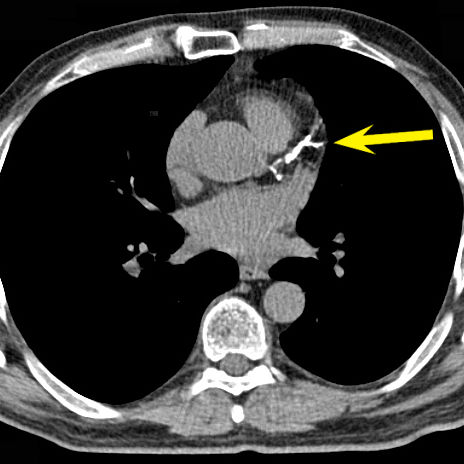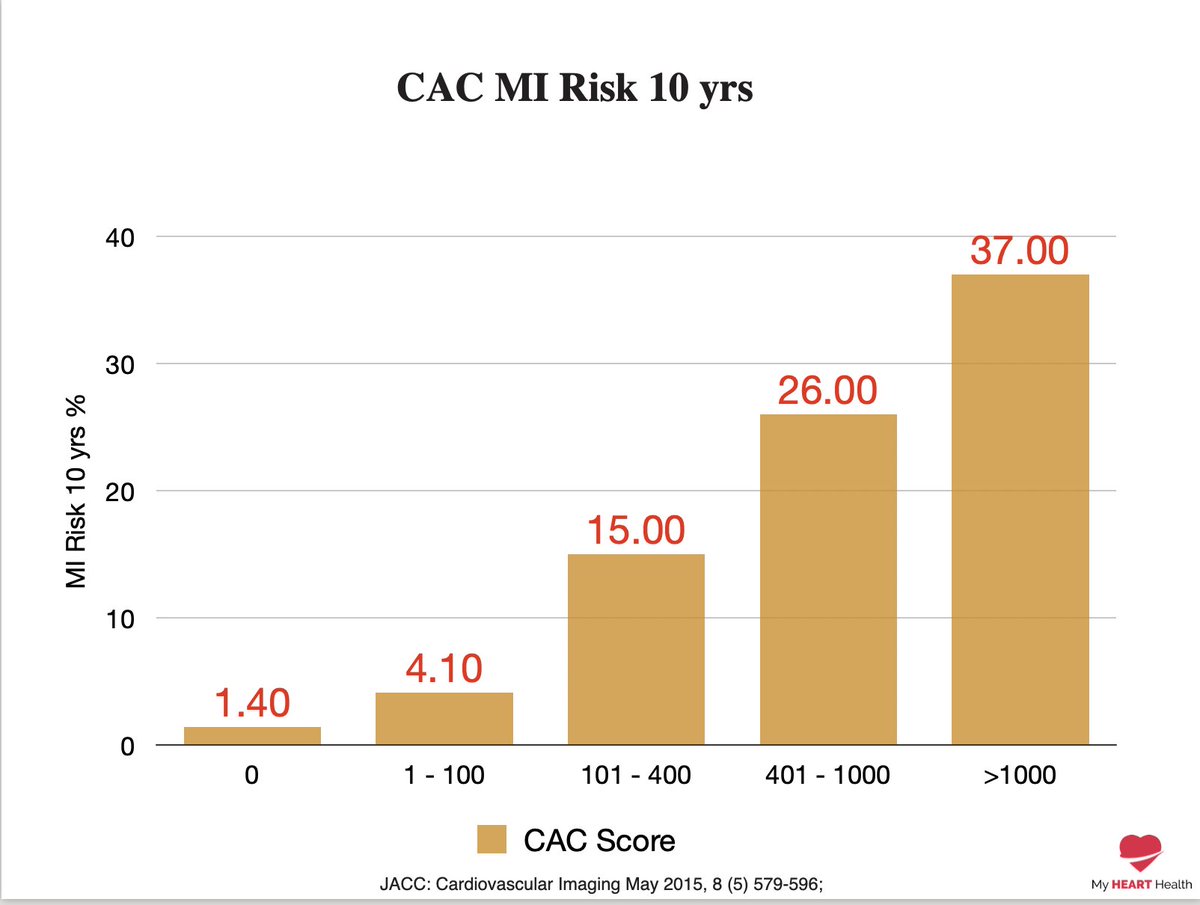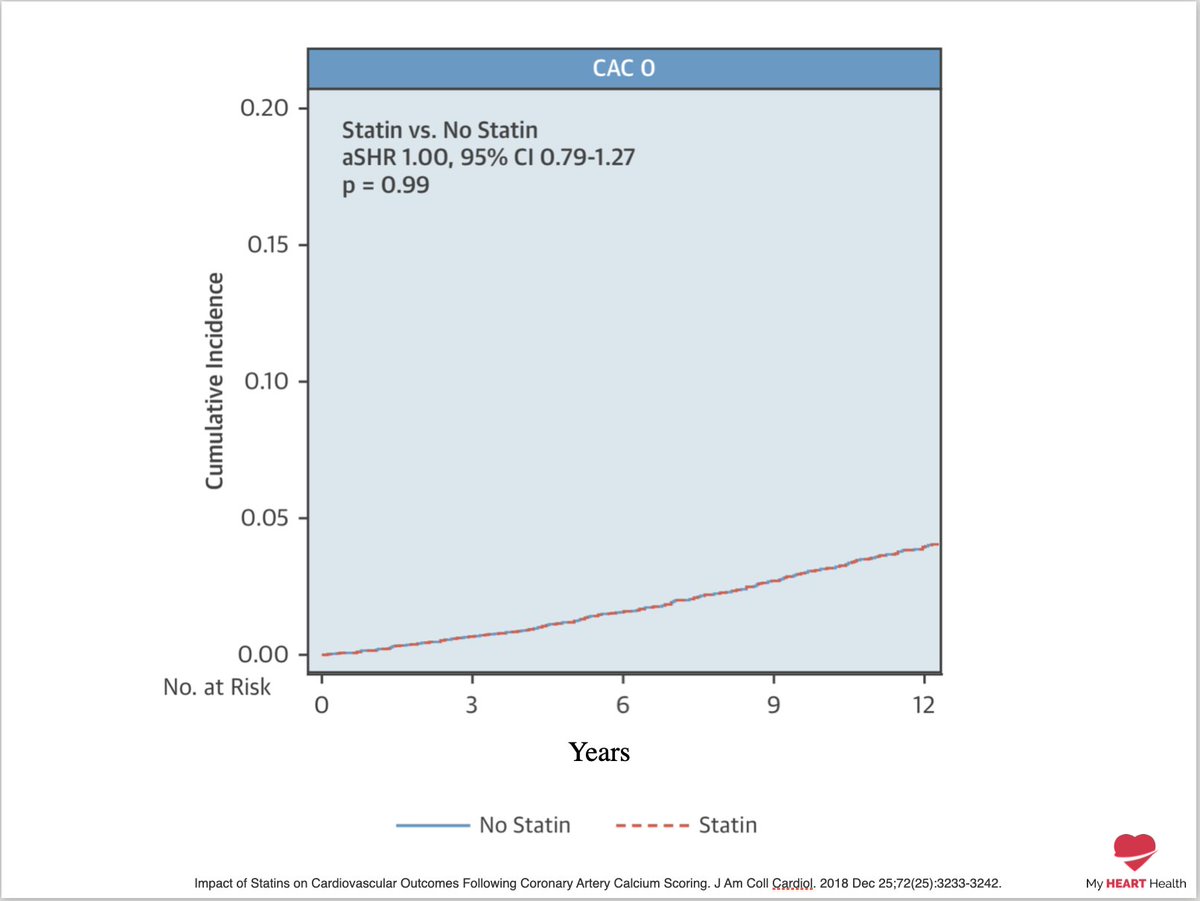Jeanne Calment died in 1997 age 122.
She is thought to be the oldest living person on record.
What can we learn from healthy centenarians to extend our lifespan?
🧵👇
/1
She is thought to be the oldest living person on record.
What can we learn from healthy centenarians to extend our lifespan?
🧵👇
/1
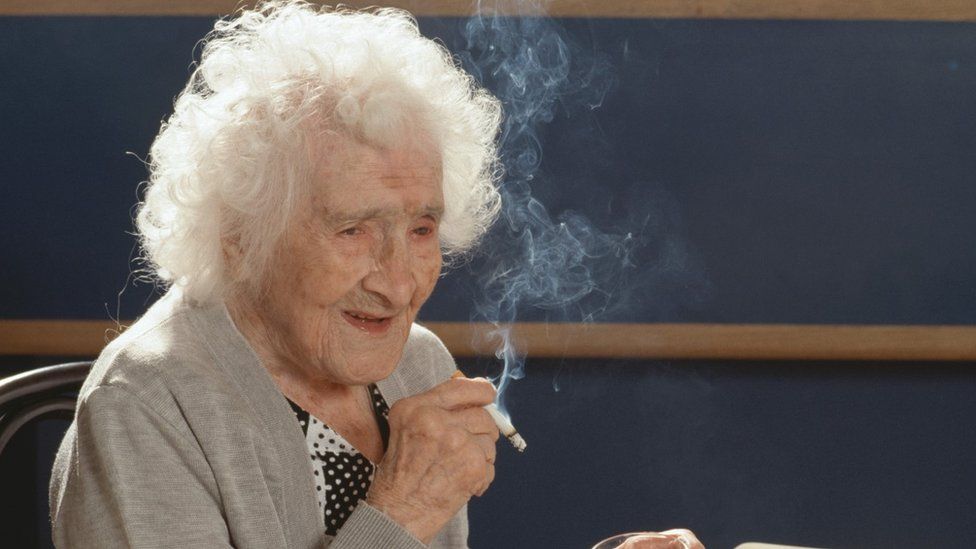
"All I Want To Know Is Where I'm Going To Die, So I'll Never Go There".
First off let’s see what most people die from.
That is, so we don’t go there.
/2
First off let’s see what most people die from.
That is, so we don’t go there.
/2
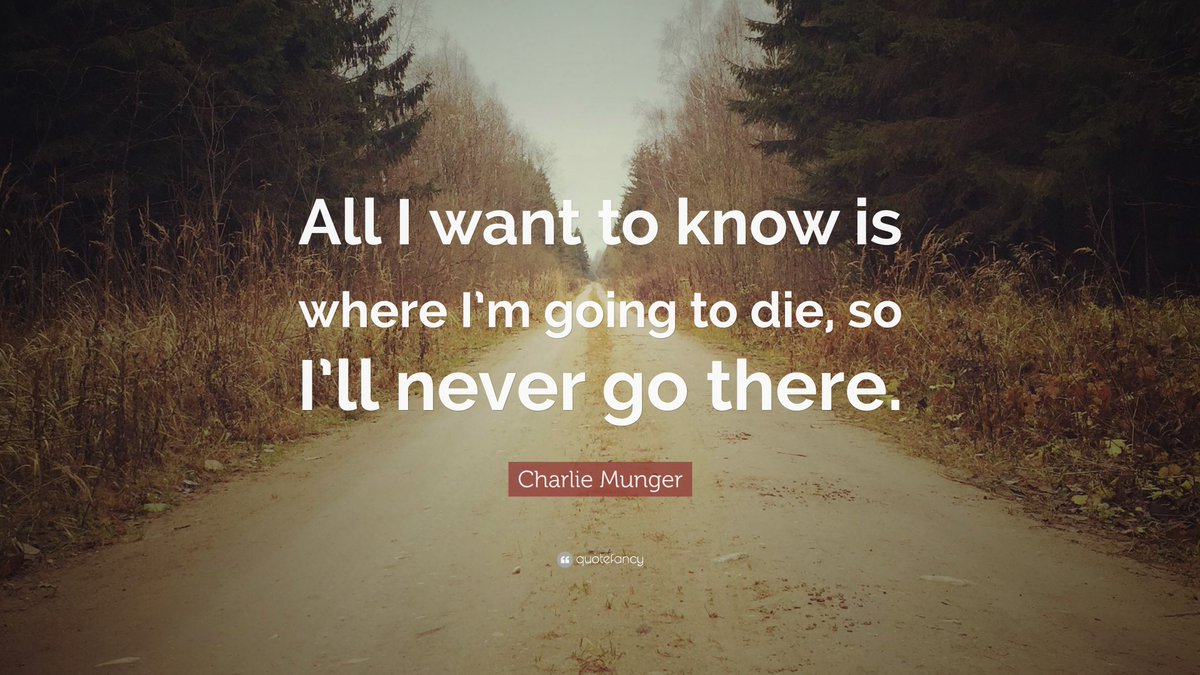
In developed nations about 90% of people will die from an NCD. A non-communicable disease.
Think heart disease, cancer or dementia.
As opposed to a communicable disease such as malaria or an injury from a road traffic accident.
/3
Think heart disease, cancer or dementia.
As opposed to a communicable disease such as malaria or an injury from a road traffic accident.
/3

Most of us will die at some point after reaching 70 years of age.
Some in their 70s.
Some will have become centenarians.
But alarmingly, almost 25% of people will die age 50-69.
Very young.
/4
Some in their 70s.
Some will have become centenarians.
But alarmingly, almost 25% of people will die age 50-69.
Very young.
/4
Regardless of age category, Charlie Mungers advice still applies.
The majority will die from cardiovascular disease, cancer or dementia.
But mostly cardiovascular disease.
The question then becomes:
How do we 'Not go there'?
/5
The majority will die from cardiovascular disease, cancer or dementia.
But mostly cardiovascular disease.
The question then becomes:
How do we 'Not go there'?
/5
Over 90% of the risk of having a heart attack can be captured by 9 factors:
1. Smoking
2. Hypertension
3. Diabetes
4. Abdominal obesity
5. Excess Alcohol
6. Psychosocial Factors
7. Poor Nutrition
8. Inadequate Exercise
9. High Cholesterol
/6pubmed.ncbi.nlm.nih.gov/15364185/
1. Smoking
2. Hypertension
3. Diabetes
4. Abdominal obesity
5. Excess Alcohol
6. Psychosocial Factors
7. Poor Nutrition
8. Inadequate Exercise
9. High Cholesterol
/6pubmed.ncbi.nlm.nih.gov/15364185/
We now know that most adults die from:
Cardiovascular disease, cancer or dementia.
But what do centenarians die from?
Sky Diving Accidents? Rock climbing injuries?
Nope!
Cardiovascular Disease, Cancer or Dementia.
/7cdc.gov/nchs/products/…
Cardiovascular disease, cancer or dementia.
But what do centenarians die from?
Sky Diving Accidents? Rock climbing injuries?
Nope!
Cardiovascular Disease, Cancer or Dementia.
/7cdc.gov/nchs/products/…
The key is...
They get these diseases about 20 to 25 years later than everyone else.
It's not that they live longer with the disease.
It’s that they live much longer without it.
They simply get chronic disease at a much later time point.
/8
They get these diseases about 20 to 25 years later than everyone else.
It's not that they live longer with the disease.
It’s that they live much longer without it.
They simply get chronic disease at a much later time point.
/8
A key reason why healthy centenarians get these conditions later in life is down to genetics.
But that doesn’t mean we cannot try & mimic this genetic advantage.
It also means we should be cautious in taking their recommendations on daily 'Apple cider vinegar' etc.
/9
But that doesn’t mean we cannot try & mimic this genetic advantage.
It also means we should be cautious in taking their recommendations on daily 'Apple cider vinegar' etc.
/9
So, if delaying the onset of a disease is the priority...
The focus then must be on the 'Risk Factors' for the disease.
Not the disease itself.
Remember those 9 'Risk Factors'?
/10
The focus then must be on the 'Risk Factors' for the disease.
Not the disease itself.
Remember those 9 'Risk Factors'?
/10
If by age 50 you hit these marks...
1. Never smoked.
2. Normal weight
3. Regularly Active
4. Drink modest alcohol
5. Good Nutrition.
You can potentially delay the onset of cardiovascular disease & cancer by 10 years.
This translates to added lifespan also.
/11
1. Never smoked.
2. Normal weight
3. Regularly Active
4. Drink modest alcohol
5. Good Nutrition.
You can potentially delay the onset of cardiovascular disease & cancer by 10 years.
This translates to added lifespan also.
/11
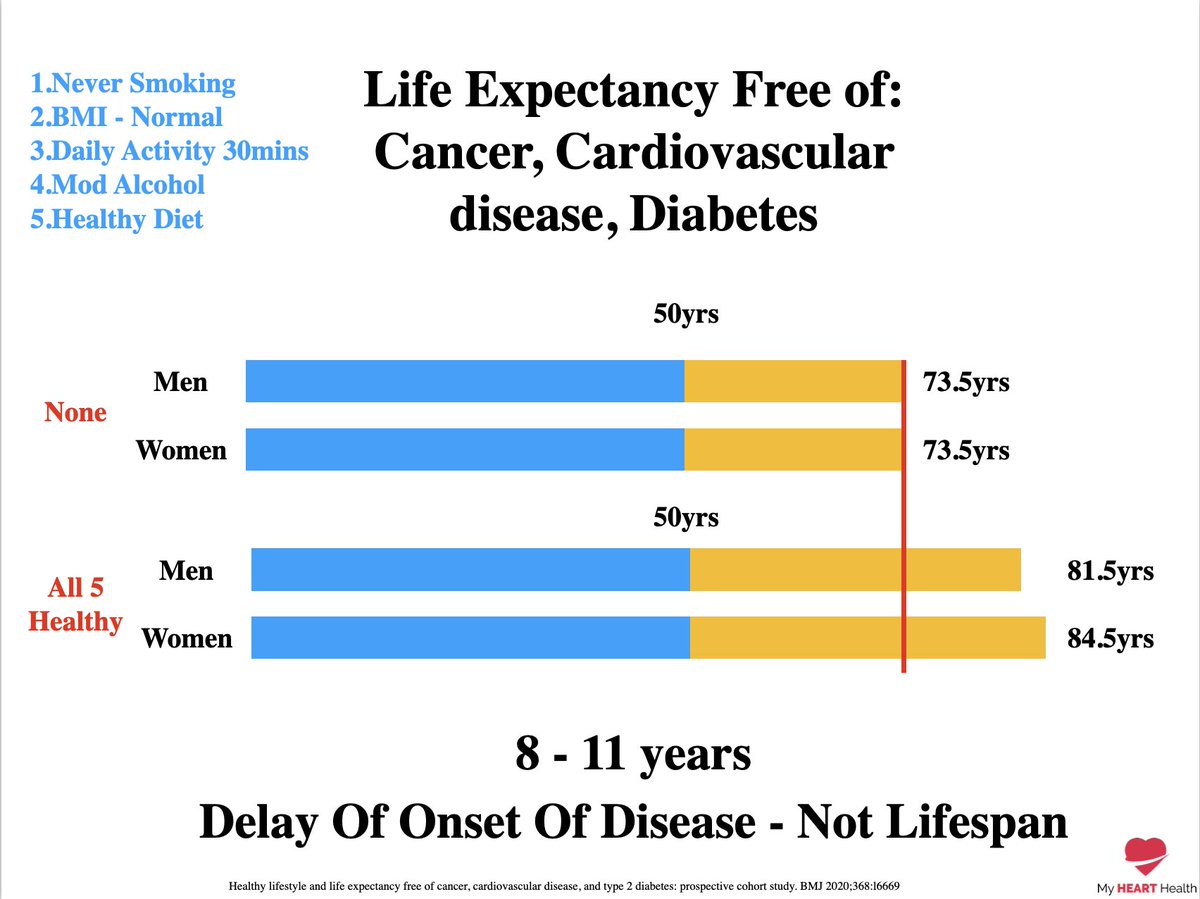
None of this is a guarantee.
You can do everything right and bad things can still happen early in life.
It's all about putting the odds in your favour.
/12
You can do everything right and bad things can still happen early in life.
It's all about putting the odds in your favour.
/12
But always remember Charlie Mungers words of wisdom:
"All I Want To Know Is Where I'm Going To Die So I'll Never Go There"
/13
"All I Want To Know Is Where I'm Going To Die So I'll Never Go There"
/13
That's a wrap!
If you enjoyed this thread:
👋 You can join over 20K others on my free weekly newsletter
Or you can sign up for my Free 5 Day Course On Preventing Heart Disease.
Links in the Bio Above ☝️
If you enjoyed this thread:
👋 You can join over 20K others on my free weekly newsletter
Or you can sign up for my Free 5 Day Course On Preventing Heart Disease.
Links in the Bio Above ☝️
https://twitter.com/125774989/status/1791363771367108894
• • •
Missing some Tweet in this thread? You can try to
force a refresh



